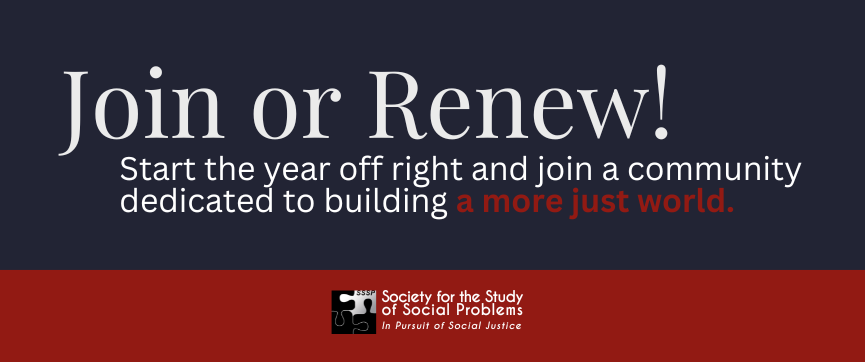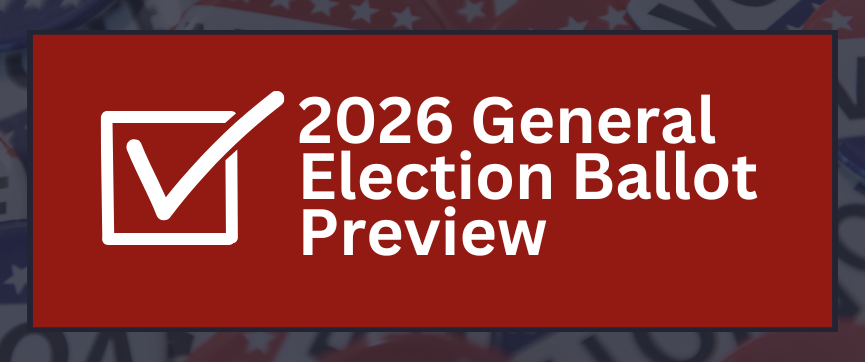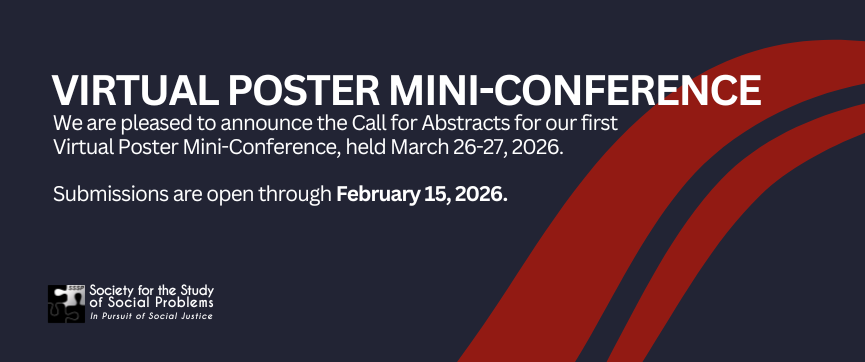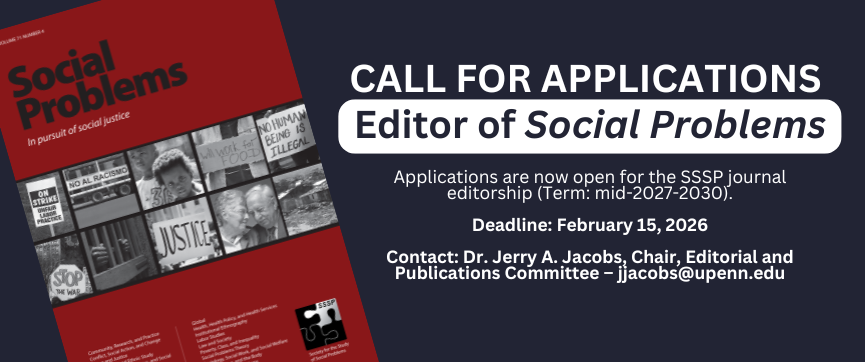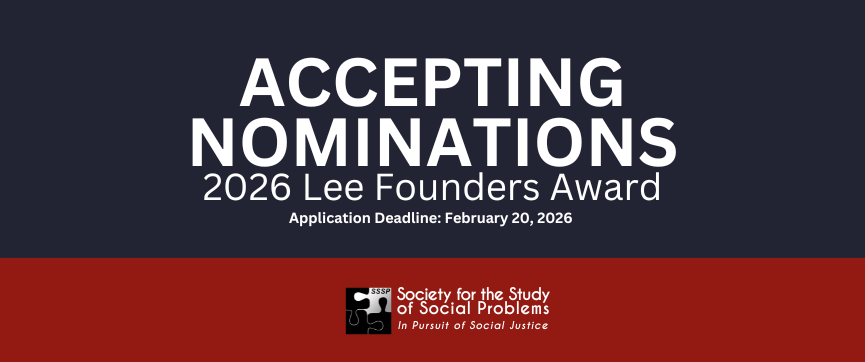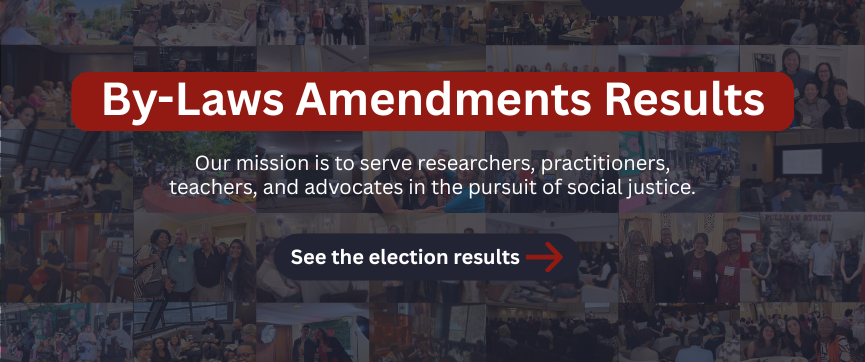Who We Are
We are an interdisciplinary community of scholars, practitioners, advocates, and students interested in the application of critical, scientific, and humanistic perspectives to the study of vital social problems.
SSSP Membership Survey Results
In March 2025, SSSP asked current, past, and prospective members to share their feedback on our organization. We are pleased to share the results of the membership survey, designed to be periodically distributed to members every five years.
This survey attempted to gather data related to how well SSSP was meeting members’ needs. We also solicited recommendations for future directions on a variety of issues and ideas that have been raised in recent years. The results provide us with insights on what is working well, what can be improved or changed, and included thoughtful suggestions and creative ideas to help the Society. Thanks to everyone who took the time to submit feedback!
SSSP Anti-Harassment Policy
If you are a member of the SSSP, or considering membership, please read this policy carefully. We want to assure members that we will do what we can to provide them with a safe environment in which they will be free to pursue their intellectual interests and engage other members in spirited, stimulating, and productive intellectual exchanges.
View the SSSP Statement and Policy against Discrimination and Harassment. Make an anonymous report regarding behavior that violates the anti-harassment policy.
SSSP Anti-Harassment Advocates
These SSSP members have participated in discussions of our policy, advocacy principles, and our commitment to a welcoming culture, and they are available to consult with members seeking related information, resources and support.
A Message from the SSSP Anti-Harassment Committee
The SSSP Anti-Harassment Committee opposes and condemns the current administration’s assault on our immigrant and refugee communities and would like to send our support to our members, colleagues, students, family members and friends by sharing some resources related to immigrant rights. Read more about the Anti-Harassment Committee.
2025 SSSP Approved Resolution
SSSP resolutions constitute an important opportunity for our scholar-activist membership to analyze and offer their opinions on contemporary social problems that we believe the Society should address as a social justice organization. All SSSP members were invited to review the proposed 2025 resolution and participate in the resolutions process.
What Our Members Say
 "I joined SSSP as a graduate student in the mid-1990s. A fellow student suggested that it was a more welcoming, less intimidating and elitist organization than ASA, and I immediately found that to be the case. But I quickly realized additional aspects of SSSP that appealed to me, primarily its more progressive and radical approach to sociology and its commitment to activism and praxis. I continue to value these characteristics of SSSP and believe that especially in this moment, we need to promote, communicate, and develop these values and practices as an organization, to expand our community to more fully embrace and engage activists and practitioners. While I value our academic and scholarly opportunities and contributions, I believe that in order to stand apart, SSSP can - and should - be so much more than a traditional professional organization. We need to seek pathways toward social justice and social change that take us beyond research and beyond academia. I know that many SSSP members whom I greatly admire and respect are engaged in this very work and I hope that we can continue to recruit and support members with the vision, creativity, passion, and commitment to take us toward this goal."
"I joined SSSP as a graduate student in the mid-1990s. A fellow student suggested that it was a more welcoming, less intimidating and elitist organization than ASA, and I immediately found that to be the case. But I quickly realized additional aspects of SSSP that appealed to me, primarily its more progressive and radical approach to sociology and its commitment to activism and praxis. I continue to value these characteristics of SSSP and believe that especially in this moment, we need to promote, communicate, and develop these values and practices as an organization, to expand our community to more fully embrace and engage activists and practitioners. While I value our academic and scholarly opportunities and contributions, I believe that in order to stand apart, SSSP can - and should - be so much more than a traditional professional organization. We need to seek pathways toward social justice and social change that take us beyond research and beyond academia. I know that many SSSP members whom I greatly admire and respect are engaged in this very work and I hope that we can continue to recruit and support members with the vision, creativity, passion, and commitment to take us toward this goal."
Sarah Jane Brubaker, Virginia Commonwealth University
SSSP President, 2025-2026


